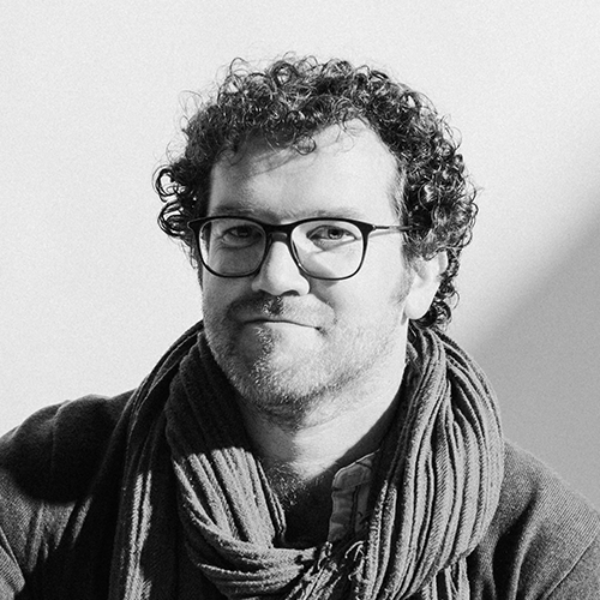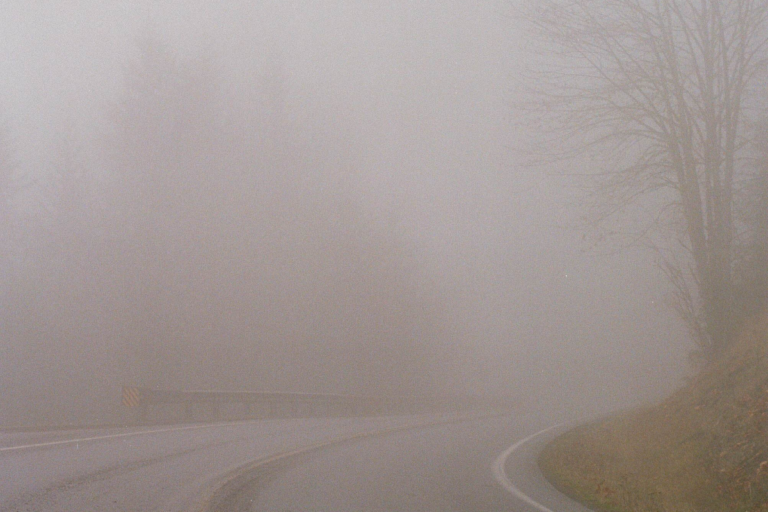
Image by Brent Gorwin/Unsplash, Public Domain Dedication (CC0).
What Stories Do We Tell?
Last year, while working with a primary school class here in Belfast, a child said:
“Pádraig, let me ask you a question. God loves us right?”
Avoiding the complexity of anthropomorphic projections of human experiences onto God, I answered, from the heart of me, with what I hope.
“Yes,” I said.
“And God made us all didn’t he?” she continued.
I avoided discussions of “made” and “He” and said:
“Yes.”
“Tell me this,” she said. “Why did God make Protestants?”
When I asked her why she was asking me this, she said:
“Well, they hate us and they hate Him.”
I had been amused at the start. Now, I was not amused. I wondered what stories were educating this funny, witty, engaging, and lively child.
This child understood some human lessons and had learnt them well. They hate us. They hate our God. They are unknown, and the hollow story we tell is that they are also unknowable.
Another child that I was working with once drew a picture of a big boot, kicking a small figure. The boot was labeled “Catlichs” and the boot “Purdestints.” He could not yet spell, yet he knew the rules of the story he believed.
There is an Irish saying that I love: ar scáth a chéile a mhaireas na daoine. It translates as “it is in the shelter of each other that the people live.” Krista’s interview with John Paul Lederach reminds me of the intentionality we must incarnate when working with our lives to create avenues out of violent conflict. We must nurture unpredictable relationships. We must share shelter with people whose shelter we would rather not share. We must share stories with people whose stories we would rather not share. This may not be popular, but it may just save us.
Last week, I watched from my window as a band parade made its way from commemorations in the city northwest up the Crumlin Road. My flat is about 300 yards from the place where a sit-down protest was underway to stop those parading. The history of both groups, one mostly Catholic-Nationalist and one mostly Protestant-Unionist is important.
What is also important is that each was saying to the other “We belong here.”
“We belong here” has often been coupled with “And you don’t,” a point which we’ve proven in Ireland with grief and grieving. The slow, slow antidote to this story of not-belonging has always included something that is older than language — a positive encounter with a person who represents the thing that we think we should hate. There are stories from here that make me cry and hope every time I hear them — stories of bravery, honesty, truth-telling, sheltering, and embrace across every possible barrier to belonging.
Part of my work is facilitating discussions between people who are interested in building relationships with those who are perceived to be an “other.” Earlier this year, one group spoke of their neighborhood’s trauma following a shooting on a Friday afternoon in the 1990s. Seven men left dead. One of the women said “and there’s many that died whose hearts kept beating.” She spoke of a Protestant paramedic who tended the bodies of Catholic dead who was so traumatized that he could never return to his work. While we speak of 3,700 people who lost their lives from our 30-year conflict, we all know someone who kept their life, but who felt like they’d lost it. There are stories within stories that are desperate to be heard, and when they’re heard, they bring us to the place of encounter and empathy, which is the essence of hope and humanity.
The riots that brought attention to Belfast last week are localized. This doesn’t mean that they are ignorable. They are not. They speak to a deep wound in our capacity to remember. A mostly-ignored government funded “Report on the Past” was published last year. Its recommendations are brave and I hope we can pay attention.
I am thinking now of Anaïs Nin who said: “We do not tell stories as they are. We tell them as we are.”
And who are we in this part of Ireland? We are people who all know stories of hurt, pain, division, separation, fury, and prejudice. We are people who have loved the land we live on. We are people who have done and spoken and created and given beautiful things and terrible things to each other. We must be educated by the stories that gave rise to last week’s events. We must engage in Lederach’s vision of the moral imagination to hear, include, and transcend these events.
And, we must tell different stories. Not necessarily new ones, but deeper ones — stories of remembering, belonging, safety, and shelter.


Share your reflection